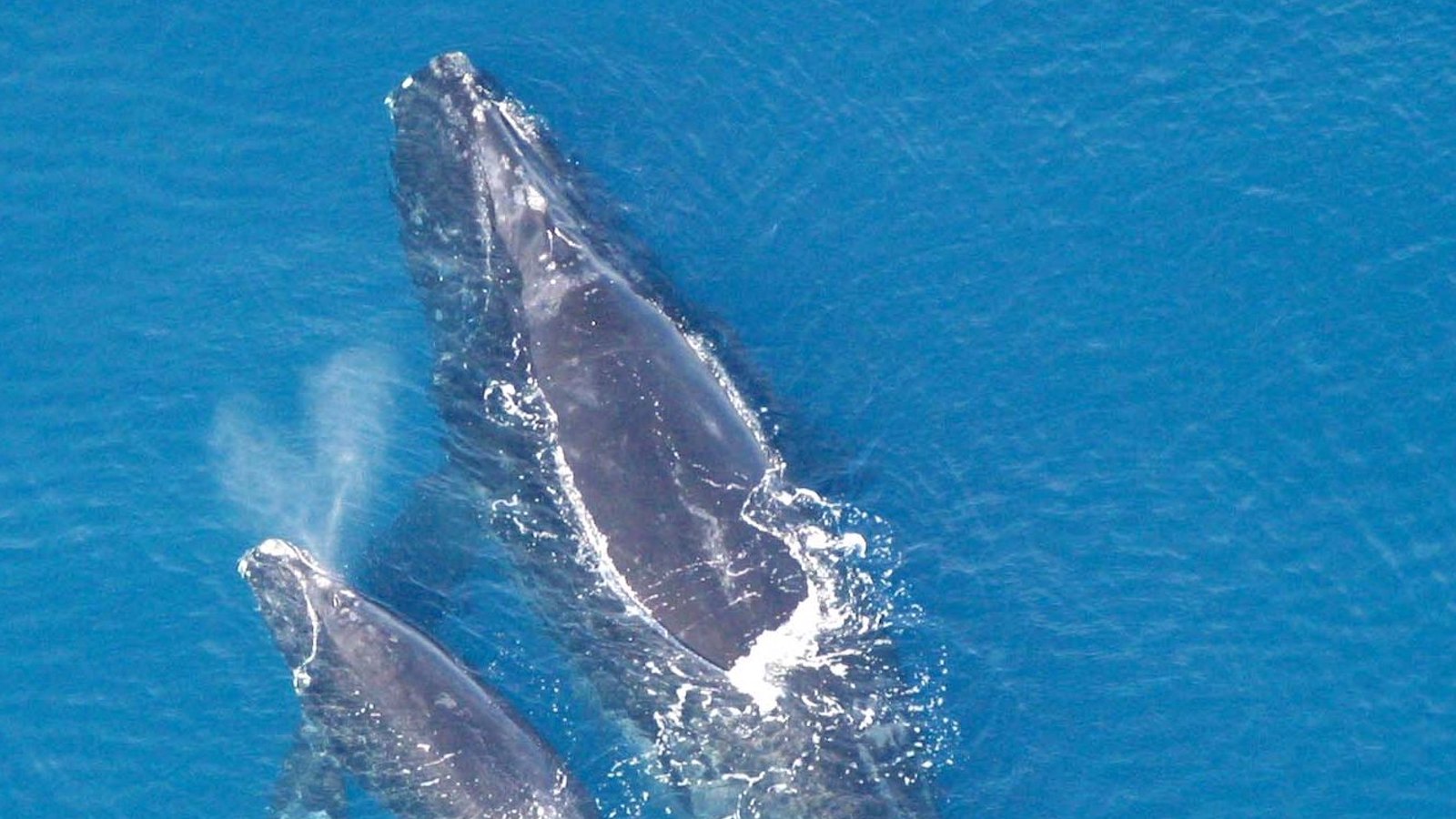Fewer than 350 North Atlantic Right whales remain in the ocean, and every loss makes it harder for them to recover.
These massive and remarkable creatures are one of the world’s most endangered large whale species. But speeding boats are running into Right whales, seriously injuring or even killing them.
One way to reduce these deadly boat strikes is to force boats to slow down. The National Oceanic and Atmospheric Association (NOAA) is considering a new rule that would protect Right whales from boat strikes along the East Coast, and we’re urging the agency to adopt it.
Boats are the culprit
Whales are being killed by boats — something needs to change.
Just like speed limits on our roads are designed to save human lives, boat speed limits could save whales.
Because Right whales spend most of their time in coastal areas, they’re extremely vulnerable to human activity. Their dwindling numbers are mostly attributed to fishing gear entanglements and boat strikes.
We can put a stop to boat strikes and protect these critically endangered whales.
We need action now
NOAA’s proposal is a good step forward, but we’ll need to do more if we want to save the whales. With some in the shipping industry pushing back on a strong slow speed rule, we need to stand up to save Right whales.
The Biden administration is accepting comments until Sept. 30 on its proposal to protect North Atlantic Right whales.
You can help protect these whales before it’s too late. Add your name to prevent boats from killing Right whales.

